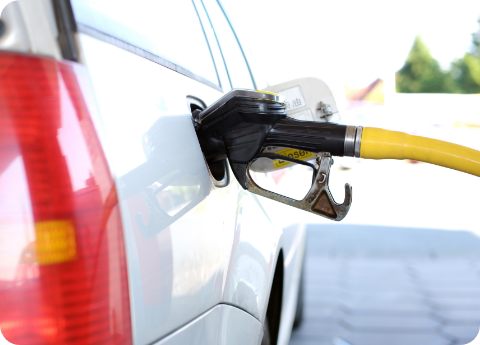Healthy Air
Solutions
Your fuel and energy choices make a difference—for yourself, your community, and your world.
Fossil fuels used in transportation are a leading source of air pollution that can lead to lung disease, respiratory illness, and premature death. Criteria pollutants, such as particulate matter, ground-level ozone, and other toxins, harm our health and environment. Common greenhouse gas emissions, such as carbon dioxide and methane, also contribute to climate change, a serious threat to human health.
Now’s the time to learn more about better choices for cleaner air and a healthier future.
Clean Air Choice can help.
Reducing Emissions for Cleaner, Healthier Air
Your choices can make a difference. Selecting cleaner fuels is a way individuals and fleets can reduce harmful emissions and create a healthy environment for future generations.

Clean Air Choice: Your resource for healthier fuel options
American Lung Association launched the Clean Air Choice program in 1999 to educate consumers about how fuel and energy choices affect the environment and air quality.
We help retailers, fleets, and stakeholders promote cleaner fuel and energy options through customized education and outreach programs in collaboration with public and private partners.


